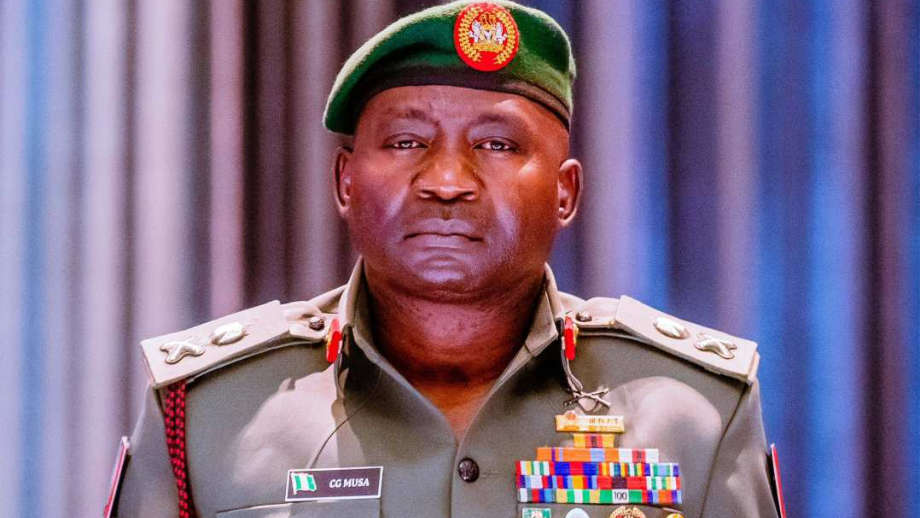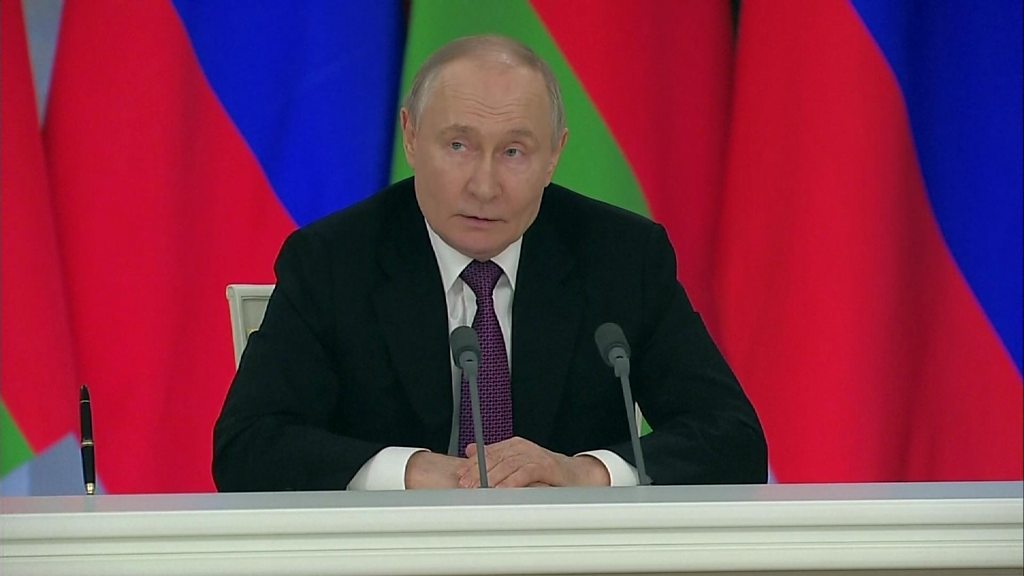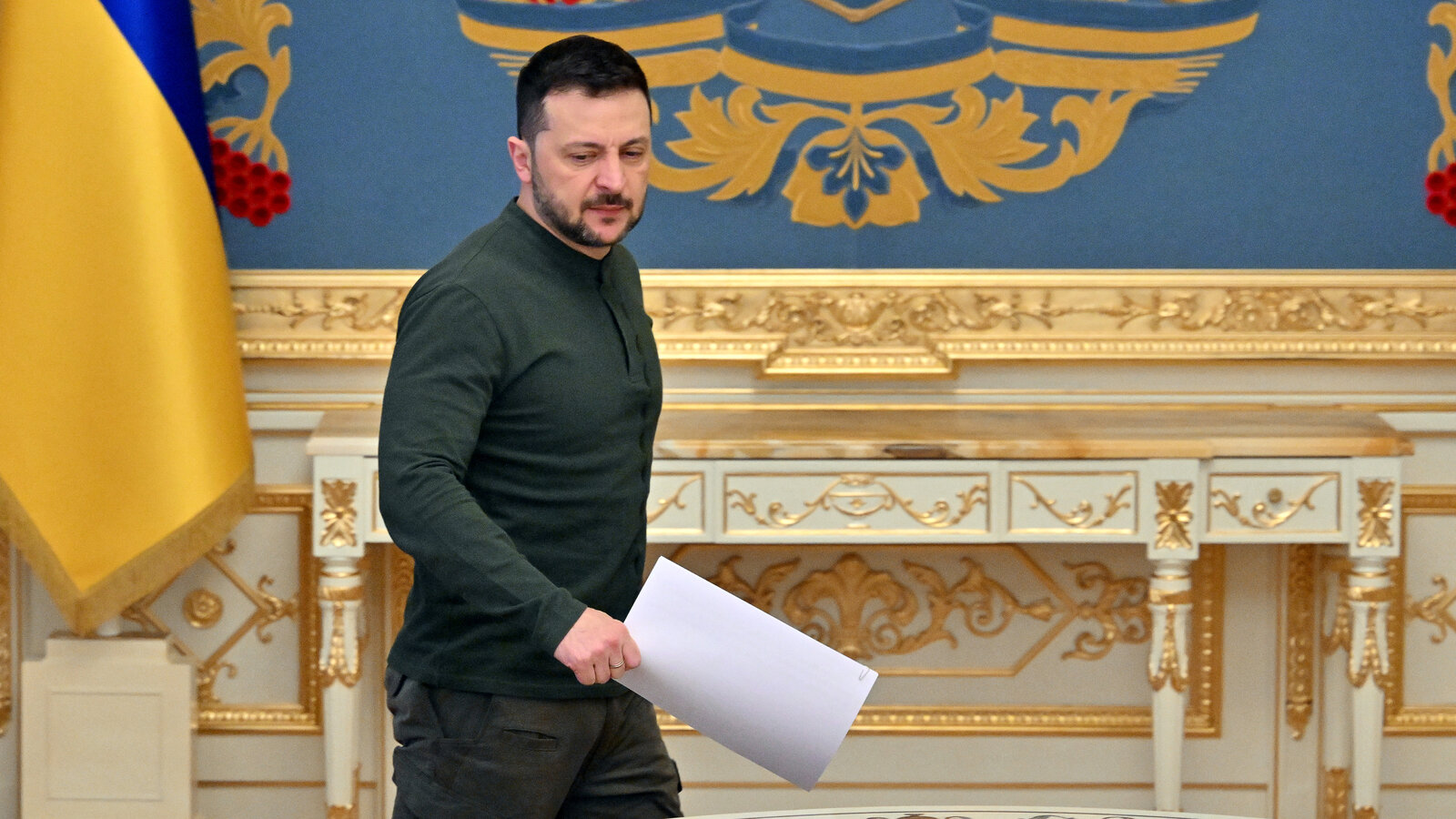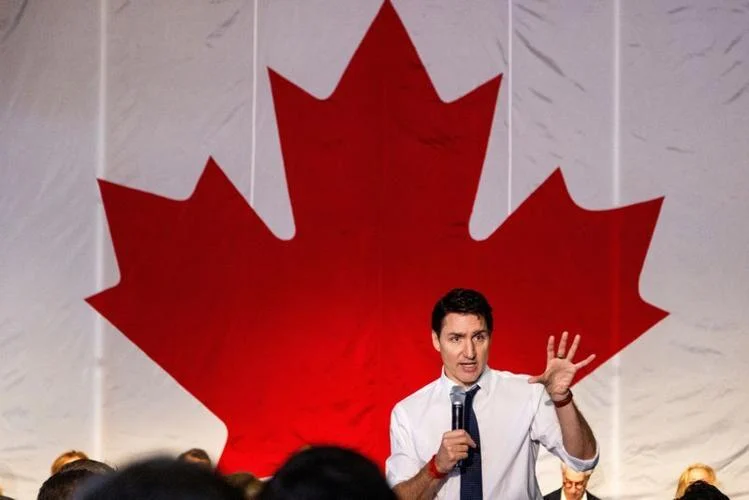Effective leadership is crucial for any nation’s stability and defense, especially when facing diverse security challenges. In Nigeria, General Christopher Gwabin Musa, the 18th Chief of Defence Staff (CDS), has demonstrated remarkable resolve and strategic vision in the ongoing fight against various security threats. Since his appointment by President Bola Ahmed Tinubu, Musa has implemented proactive measures to reshape the Nigerian Armed Forces, enhancing the nation’s ability to confront adversaries, particularly Boko Haram and its splinter groups.
Addressing Multifaceted Security Challenges
Nigeria faces a range of security challenges, including extremist religious militants like Boko Haram in the northeast, farmer-herder conflicts in the Middle Belt, and pipeline sabotage in the Niger Delta. These issues have resulted in human costs, economic disruption, and reduced investment. President Tinubu has emphasized that security is a top priority, aiming to reform security doctrines, invest in personnel training and equipment, and address terrorism, oil theft, and secessionist movements.
Musa’s Strategic Approach
General Musa’s leadership is characterized by several key elements:
- Unified Efforts: Musa prioritizes unified efforts across Nigeria’s security architecture, promoting joint operations among the Army, Navy, and Air Force, as well as collaboration with paramilitary organizations and civilian security structures.
- Modernization: Recognizing the evolving nature of warfare, Musa has championed the integration of modern technologies, including drone warfare and cyber defense capabilities, to improve response times and situational awareness.
- Interagency Cooperation: Musa has fostered stronger interagency cooperation among the military, police, intelligence services, and other security agencies to disrupt insurgent networks and curb the flow of arms and funding.
- Civil-Military Relations: Musa emphasizes adherence to international human rights standards and promotes trust and cooperation between civilians and the military, recognizing the importance of addressing the psycho-social factors that contribute to terrorism.
- Personnel Welfare: Understanding that personnel welfare is crucial for operational success, Musa has prioritized improved welfare packages, timely payment of allowances, and better living conditions for military personnel.
- International Collaboration: Musa has strengthened Nigeria’s ties with international partners, leading to increased intelligence sharing, joint training initiatives, and collaborative military exercises.
Impact and Achievements
Musa’s leadership has yielded significant results:
- Counterinsurgency Successes: Revitalizing Operation Hadin Kai, Nigeria’s counterinsurgency campaign in the Northeast, leading to the recapture of territories, destruction of enclaves, and decimation of terrorist ranks.
- Neutralizing Terrorists: The Armed Forces of Nigeria (AFN) have recorded impressive gains, neutralizing thousands of terrorists, apprehending many more, and rescuing kidnapped hostages.
- Infrastructure Development: Establishing military barracks in strategic locations to strengthen national security and protect citizens.
- Regional Stability: Enhancing collaboration with regional partners, ensuring national and sub-regional stability, and managing security situations following coups in neighboring countries.
General Christopher Gwabin Musa’s transformative leadership has been a stronghold for Nigeria’s security, marked by strategic innovation, inter-agency synergy, and a commitment to both kinetic and non-kinetic strategies. His efforts have not only fortified Nigeria’s defense system but also inspired hope and trust in a nation facing complex security challenges.




